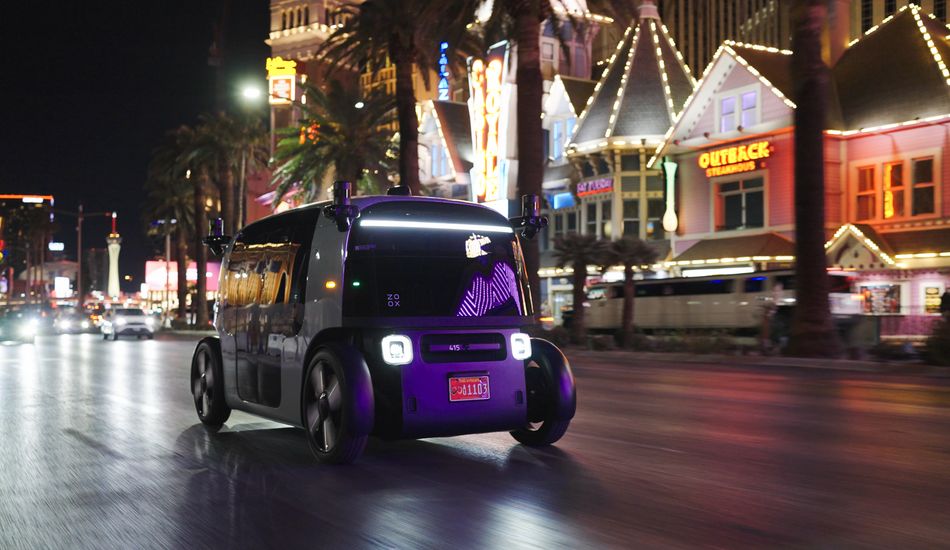
Zoox's Robotaxis Are Now Cruising the Streets of Las Vegas
Hey everyone! Guess what? Zoox, the company owned by Amazon, is now offering its robotaxi service to the public in Las Vegas. Yeah, you heard right! Those futuristic, toaster-shaped vehicles are finally hitting the Strip. It's a pretty big deal, as they're saying it's the first time a company is operating a fully autonomous, purpose-built vehicle in public service.
If you’re in Vegas, you can catch a ride, but there's a catch. For now, they're only doing pickups and drop-offs at a limited number of spots. Think places like Resorts World, AREA15, and a few other entertainment hubs. Zoox plans to add more destinations as they get the go-ahead. The rides are free for now, which is a nice perk while they wait for the official green light to start charging.
What's really cool is that these robotaxis are truly driverless. No steering wheel, no pedals – nothing! Inside, you've got bench seats facing each other, which sounds like a quirky and fun way to travel. The outside is decked out with cameras, lidar, and radar, making sure it sees everything around it. The top speed is around 45 mph, so don't expect to be breaking any speed records.
San Francisco folks, don't feel left out. Zoox is also planning a robotaxi service there. They're testing in a few cities, but haven't gotten the commercial okay for California just yet. They're aiming to have about 50 vehicles running between Vegas and San Francisco.
If you’re curious, the Zoox app is where you can request a ride. It's got all the usual stuff you'd expect, like wait times and vehicle info. And if you need help, there's a button to connect you with a real person.
Of course, it's not all perfect. Some early testers have mentioned the seats aren't the comfiest. But, overall, it sounds like the robotaxis are doing pretty well. Although, it's worth remembering that these are still early days. If you're dreaming of a robotaxi that can take you anywhere, anytime, we'll need to wait a little longer.
Source: The Verge